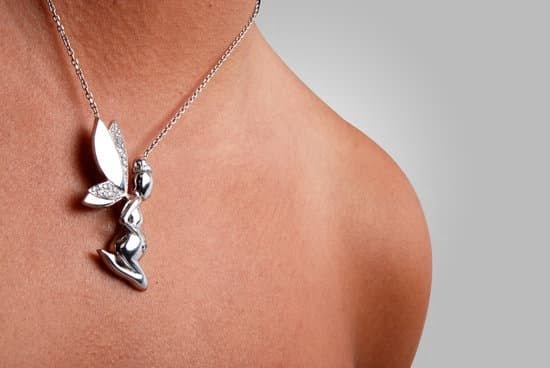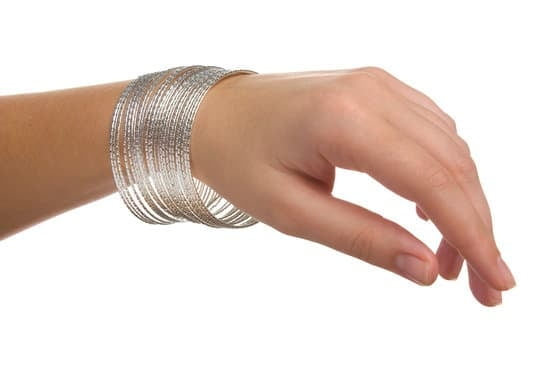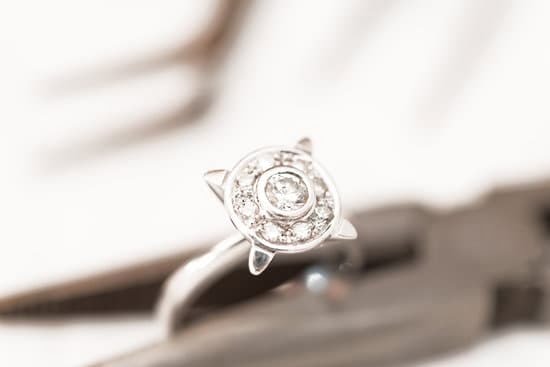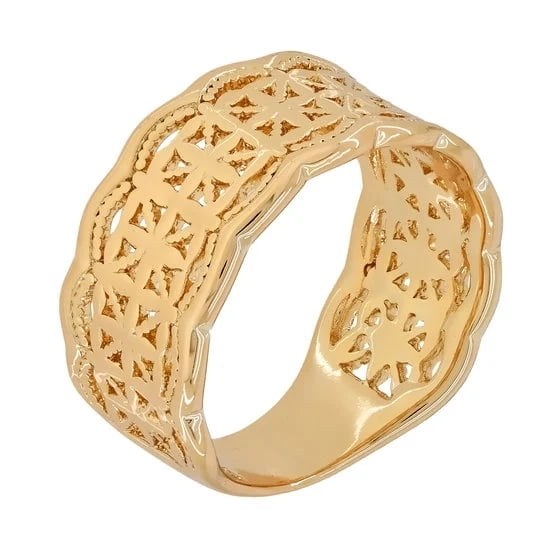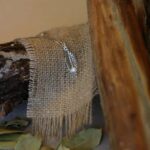Does Rhodium Plated Jewelry Rust
The answer to this question is yes, rhodium plated jewelry can rust. However, it is important to note that this type of jewelry is not likely to rust very easily. In order for rust to form on rhodium plated jewelry, the metal must come into contact with oxygen and water. If the jewelry is stored in a dry and airtight location, it is much less likely to rust.
Rhodium is a precious metal that is used to plate other metals, such as gold and silver. It is a member of the platinum family and has a white color. When rhodium is used to plate other metals, it forms a protective layer that helps to prevent the metal from corroding or tarnishing.
While rhodium plated jewelry is not as susceptible to rusting as other metals, it is still possible for the metal to corrode over time. If the jewelry is exposed to moisture or oxygen, the rhodium may start to wear away, and the underlying metal may begin to rust.
If you have rhodium plated jewelry and are concerned about rust, it is important to take precautions to protect the metal. Make sure to store the jewelry in a dry and airtight location, and avoid exposing it to moisture or oxygen. If the jewelry does start to rust, you can clean it with a mild soap and water.
Does Jewelry Need To Be Removed During Fumigation
The answer to this question is both yes and no. The type of fumigation and the jewelry itself will be the determining factors.
If the fumigation is a general fumigation, then all jewelry, even if it is costume jewelry, should be removed. This is because there is a possibility that the fumigation chemicals could corrode the metal in the jewelry and cause it to discolor.
If the fumigation is for a specific item, like bed bugs, then only the jewelry that is in direct contact with the item being fumigated needs to be removed. So, for example, if you are fumigating a bed, then the jewelry on the bed itself needs to be removed, but the jewelry in your drawer would not need to be removed.
The bottom line is that if there is any chance that the fumigation chemicals could damage the jewelry, then it should be removed.
Don Lin Vintage Jewelry
is a blog written by a professional jeweler with over 10 years of experience. The blog is a resource for anyone interested in learning about vintage jewelry, from the basics of jewelry making to more advanced techniques. It also includes tips on caring for and repairing vintage jewelry.
Does Sweat Cause Jewelry To Tarnish
The simple answer is yes, sweat can cause jewelry to tarnish. Sweat is a mix of water and salt, and when it comes in contact with jewelry, it can cause the metal to corrode. This is especially true for delicate pieces of jewelry, like earrings, which can be easily damaged by sweat.
If you want to protect your jewelry from tarnish, you can take a few simple steps. First, make sure to properly clean your jewelry after each use. Use a gentle soap and a soft cloth to wipe away any sweat or dirt. You can also use a jewelry cleaner to remove any built-up residue.
If you want to take extra precautions, you can also protect your jewelry with a sealant. There are a number of different sealants on the market, and most can be applied easily with a brush or a spray. Just make sure to follow the instructions carefully, and to allow the sealant to dry completely before wearing your jewelry.
By taking these simple steps, you can help keep your jewelry looking its best, even when you’re working up a sweat.
Does Erie Insurance Cover Jewelry
Yes, Erie Insurance does cover jewelry. However, there are some limitations to what is covered. For example, the policy may not cover certain types of jewelry, such as pearls, precious stones, or precious metals. Additionally, the policy may only cover a certain amount of the jewelry’s value. It is important to review the policy to determine exactly what is and is not covered.

Welcome to my jewelry blog! My name is Sarah and I am the owner of this blog.
I love making jewelry and sharing my creations with others.
So whether you’re someone who loves wearing jewelry yourself or simply enjoys learning about it, be sure to check out my blog for insightful posts on everything related to this exciting topic!

